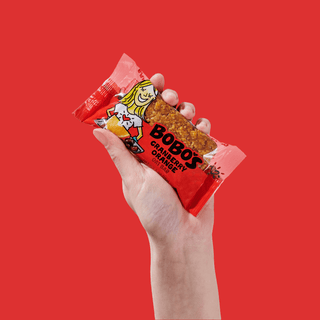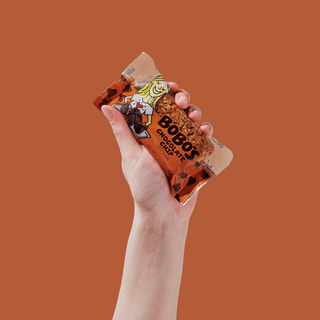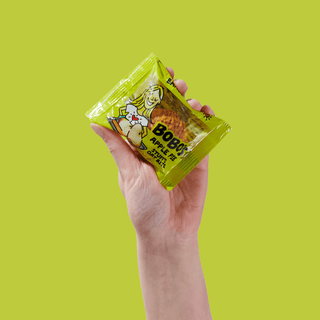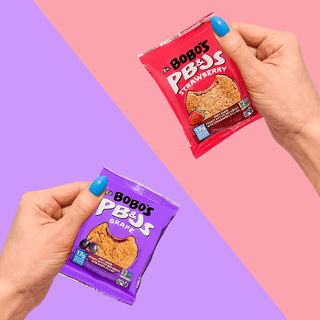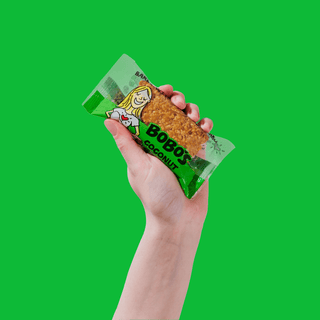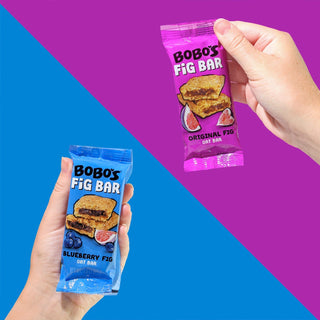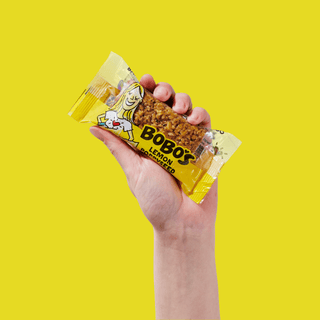The brain is one of our most vital organs, controlling much of our body. Since it enables us to think, feel, and move, it needs plenty of nutrients and energy each day – about 20% of our caloric intake. When you get the right vitamins, minerals, antioxidants, flavanols, polyphenols, and omega-3s, you'll help your brain stay healthy and function optimally. This means eating foods that boost concentration, memory, and overall brain health. Take a look at some examples of the best brain foods, below.
Berries
Berries such as blueberries give us plenty of essential nutrients like vitamin C, vitamin K, manganese, and phytonutrients. These nutrients in particular help to stimulate oxygen and blood flow within the brain, which improves our concentration and focus. As well, the gallic acid found in blueberries can protect the brain from oxidative stress.
A study from Public Health Nutrition indicates that including berries like blueberries in our diet can lower the risk of age-related cognitive impairment, dementia, and Alzheimer's disease. When eaten daily, flavonoids such as anthocyanins found in blueberries protect and strengthen the connections and communication between our brain neurons. It was found that as little as 2.5 cups of blueberries consumed per day for six months can reduce inflammation and greatly improve the brain's speed of processing information.
Berries are great as a grab-and-go snack, tossed into smoothies, salads, yogurt, blueberry lemon oatmeal, or granola. They also make a great addition to baked treats like low-fat muffins and pies.
Whole grains
Whole grains offer the fuel we need to keep our brains active and alert. Blood flow is improved and our brains get the antioxidants, fiber, and vitamin E they need to function well. In addition, the vitamin B many grains provide can help to improve our mood and energy levels, thanks to the thiamin, riboflavin, and niacin they contain that produce neurotransmitters.
Try brown rice, quinoa, buckwheat, oatmeal, whole wheat bread, or pasta alone or in things like salads, stir-fries, parfaits, and sandwiches. And when you're on the go, whole grain oat bars can be a quick and delicious snack.
Nuts and seeds
Nuts and seeds are great for the overall health of our brains, including peanuts, almonds, pumpkin seeds, and, particularly, walnuts. Walnuts offer twice as many antioxidants as other types and are a great source of alpha-linolenic acid (ALA). ALA is a plant-based omega-3 essential fatty acid that suppresses inflammation and oxidative stress, which helps fight against cognitive decline. These things have been linked to dementia and Alzheimer's. For example, a study shows that eating about 1-2 oz of walnuts daily can boost cognitive function, while another links doing the same to better memory recall and concentration.
If walnuts aren't your thing, try some pumpkin seeds. The magnesium, zinc, iron, and copper they contain support healthy brain function through improved nerve signaling, learning, memory, and alertness. Almond butter is another great food for the brain. Its high concentration of vitamin E helps decline the rate of cognitive impairment.
Seeds and nuts like pumpkin seeds or walnuts are delicious and filling in a salad, roasted with vegetables, or sprinkled on top of yogurt. Almond butter is delicious on toast or in almond butter snacks. Or, if peanuts are more your thing, try a sandwich or delicious peanut butter snacks.
Turmeric
Curcumin, the bright orange-yellow compound in turmeric, is a strong antioxidant that's been shown to improve brain health in clinical trials, specifically for anxiety, depression, and Alzheimer's disease. For depression and anxiety, turmeric can help by normalizing the body's response to stress, lower inflammation, and boost serotonin. Alzheimer's causes brain damage over a long period. This damage includes amyloid plaques and tau tangles, which curcumin has been found to inhibit and slow down (at least in animal models).
Turmeric is popular in Middle Eastern and Indian food. It tastes great in various dishes with beans, rice, and grains, along with curries, stews, and soups.
Broccoli
Broccoli (and other cruciferous vegetables like kale and cabbage) are great brain boosting foods, thanks to their glucosinolate compounds that our bodies break down into isothiocyanates. These compounds have been found to lower oxidative stress and our risk of getting neurodegenerative diseases. As well, the flavonoids and vitamin C antioxidants found in broccoli contribute to brain health.
Veggies like broccoli are great served with a tasty dip like hummus or tzatziki. Or, chop them up into a salad or serve them alongside a protein for a healthy meal.
Dark chocolate
You may be pleasantly surprised to learn that chocolate in moderate amounts, specifically the dark type, can improve brain function. This is thanks to its antioxidants, caffeine, and flavonoids, which have been found to boost memory and learning and reduce cognitive decline.
Whether you like to bake with chocolate, enjoy it in snacks, or simply grab a piece when the mood strikes, dark chocolate is a tasty way to boost your cognitive health.
Eggs
Eggs are incredibly beneficial to our health, including that of our brain. A study found that consuming eggs regularly (including the yolk) can lead to improved cognitive performance and slower cognitive decline. This protein-packed food for the brain is full of nutrients, such as choline and lutein. These nutrients have been found to support brain function, including memory and cell communication, and inflammation reduction.
One of the most beloved breakfast foods, eggs can also be prepared in many ways, any time of day. Try them poached, scrambled, or fried, or in dishes like a quiche or frittata.
Oranges
One medium-sized orange contains the fully-recommended dose of vitamin C. What's great about the fruit is this high amount of vitamin C provides antioxidants that keep damaging free radicals at bay. Even better, vitamin C helps with overall brain health by preserving cells and preventing them from age-related decline. It's even been found that vitamin C can help to prevent Alzheimer's.
Getting your orange intake is easy with some slices at breakfast or as a midday snack. Or, toss some in a blender with other fruit and yogurt for a tasty smoothie. If you're running short on time, you can always grab an orange-flavored snack to go.
Coffee and green tea
Many of us can't seem to get through the day without our morning coffee. This may benefit you more than you knew, as it's been found to help with neurological disease. Coffee makes us more alert and improves our concentration. Studies have shown the drink can boost our ability to plan and make decisions, and slow down cognitive decline, so long as we don't exceed 6 cups per day.
If you're not a java fan but are looking for that caffeine jolt, you can always opt for green tea. This is one of the top foods for brain health. For example, a study found that mood, brain function, and cognition are improved by drinking green tea, likely because of the L-theanine and caffeine compounds it contains.

